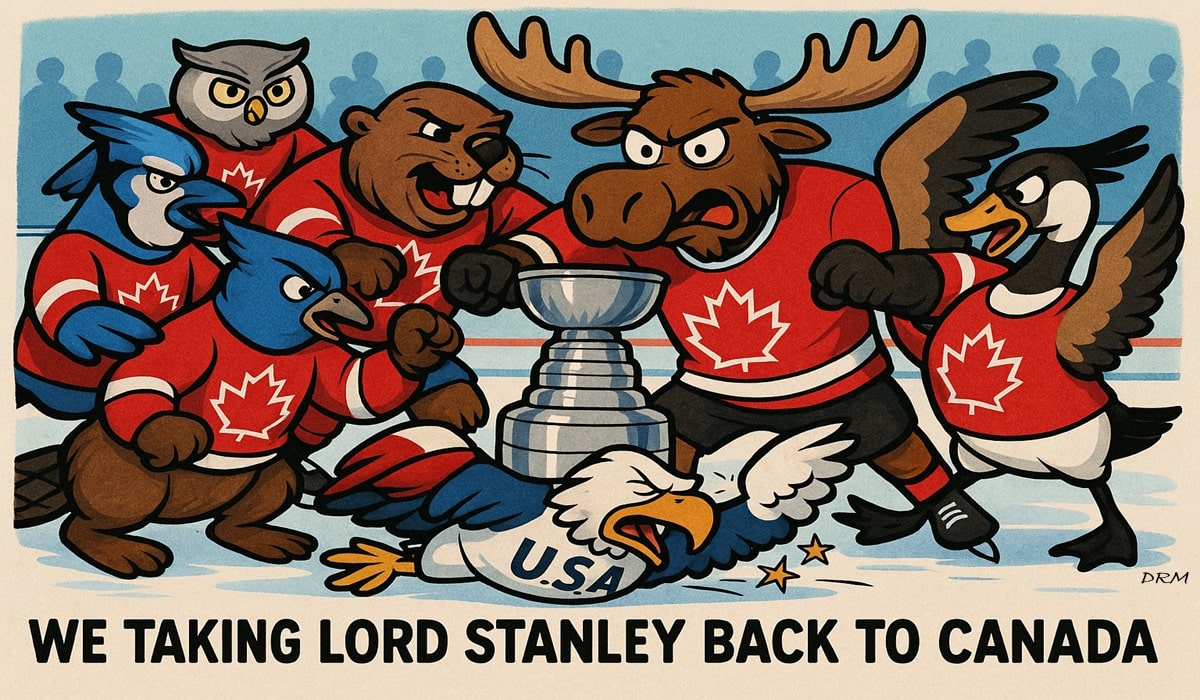How To Get the Upper Hand in Car Dealership Negotiations
- Casey Cartwright
- Business
- D.O.C Supplements - Trending News
- August 6, 2024

When buying a car, securing the best deal requires preparation, knowledge, and a strategic approach. Knowing how to get the upper hand in car dealership negotiations will help you find a car and secure the terms that best suit your needs.
Preparation is the cornerstone of successful negotiation. Before stepping foot in a dealership, research is paramount.
Begin by identifying the car models that interest you and gather comprehensive information about their market prices. Websites, automotive reviews, and forums provide valuable insights into what others have paid for similar vehicles. This data gives you a clear baseline for negotiations and can improve your confidence when discussing prices with salespeople.
Understanding engine specifications is a critical aspect. The engine is the heart of the vehicle, and its performance characteristics significantly impact the car’s value and your driving experience.
Familiarize yourself with the different types of engines available, their fuel efficiency, horsepower, and any advanced technologies they have. This knowledge will empower you to make informed decisions and counter any attempts by the dealer to upsell unnecessary features.
When visiting the dealership, maintain a composed and assertive demeanor. Salespeople know how to read customers and adapt their tactics accordingly. Displaying confidence and decisiveness can deter attempts to steer the conversation in a direction that favors the dealership.
Remember, the initial price presented by the dealer is often negotiable. Politely but firmly counter with a lower offer based on your research. If possible, bring along printed evidence of competitive pricing from other dealers or online sources to support your stance.
Timing your visit can also play a pivotal role in negotiations. Dealerships have monthly, quarterly, and yearly sales targets. Visiting toward the end of these periods can increase your chances of securing a better deal, as salespeople are often more inclined to offer discounts to meet their quotas.
Financing is another critical aspect of the negotiation process. Dealerships often offer financing options, but they aren’t always the most favorable. Secure pre-approval for a loan from a bank or credit union before visiting the dealership.
This pre-approval gives you leverage in negotiations and allows you to compare the dealer’s financing offer with external options. If the dealer’s offer is competitive, you can still consider it, but having a pre-approved loan in hand provides a safety net.
Trade-ins are a common element of car purchases, and you should approach them strategically. Obtain multiple appraisals for your current vehicle from various sources to understand its true market value.
Presenting this information during negotiations can prevent the dealer from undervaluing your trade-in. If the offer doesn’t meet your expectations, you can always negotiate or sell your vehicle privately.
Finally, always scrutinize the contract before signing. Dealers may include additional fees or services that can inflate the final price.
Request a detailed breakdown of all charges and question any that seem unnecessary. Receiving clarity in every aspect of the agreement will protect you from unforeseen costs and confirm that you’re receiving the agreed-upon deal.
Knowing how to get the upper hand in car dealership negotiations involves thorough preparation, understanding engine specifications, strategic timing, and maintaining composure. By equipping yourself with knowledge and approaching the process with confidence, you can navigate the complexities of car purchasing and secure a deal that meets your needs and budget.








